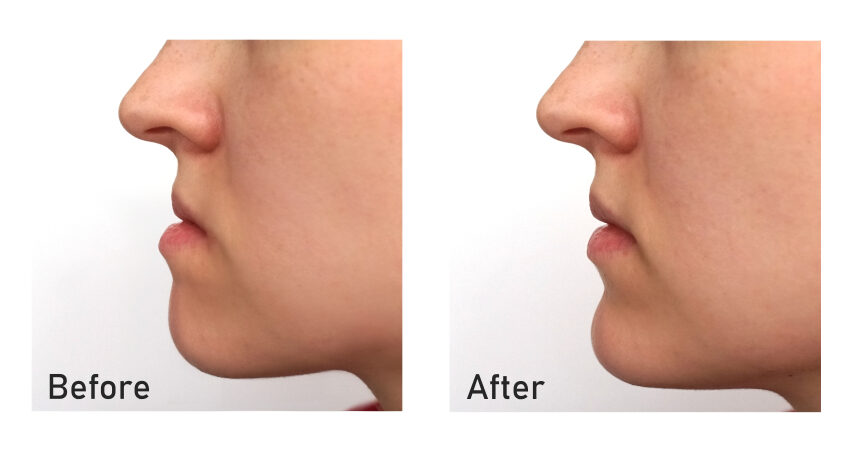Some abnormalities in the jaw and its alignment require more than just typical orthodontic treatment. It’s not extremely common but orthognathic surgery, commonly referred to as corrective jaw surgery, is the last resort option that is available. Of course when it comes to any type of surgery, you’re going to have a lot of questions.
Corrective jaw surgery is used to correct abnormalities and misalignments in the jaw and teeth. This surgery can even provide a slight difference to your facial appearance because of the new jaw position. While other orthodontic treatment aims at correcting misalignments in the jaw, orthognathic surgery is used in the most severe cases where other methods won’t work.
Who Needs Orthognathic Surgery?
There are many different reasons why someone would need orthognathic surgery. Keep in mind that the issues and reasons discussed here are due to severe cases, not mild ones that can be corrected with other orthodontic treatment. Here are some of the primary reasons you would need to have corrective jaw surgery done:
- Temporomandibular Joint Disorder (TMJ) – this mouthful of a disorder affects jaw joints and the muscles and ligaments in the jaw. It is caused by a few different things including a misaligned bite or even trauma. It’s accompanied by headaches, pain, and tenderness in the jaw.
- Problems with swallowing or speaking – problems with the jaw can impede your ability to speak or even swallow. Surgery can help fix that.
- Bite correction – sometimes an overbite or underbite can only be fixed with surgery
- Obstructive sleep apnea – this type of sleep apnea is commonly fixed by having orthognathic surgery to prevent your airways from being blocked while you sleep.
- Facial injury – sustaining an injury to on or around your jaw can cause issues that require corrective jaw surgery to fix.

Preparing For Corrective Jaw Surgery
There is a preparation process that is required prior to orthognathic surgery. The first step is actually using braces to prepare your teeth and jaw for the surgery. This starts with cooperation between the surgeon and your orthodontist. They will use X-rays and models of your teeth and jaw to provide the best treatment plan for you to prepare for corrective jaw surgery.
Types of Orthognathic Surgery
There are three different types of orthognathic surgery and they are dependent on the area of focus for the surgery. They are relatively the same in what they are trying to accomplish. The three types of orthognathic surgery are:
- Upper Jaw Surgery – also called maxillary osteotomy, this surgery focuses on correcting the upper jaw specifically. This surgery aims to correct an upper jaw that is too far forward or too far back. Other issues it will correct include a crossbite and an open vite.
- Lower Jaw Surgery – also called mandibular osteotomy, this surgery aims to correct a lower jaw that is receding or protruding.
- Double Jaw Surgery – also called bimaxillary osteotomy, this is a surgery that corrects both the upper jaw and the lower jaw.
Recovery: What To Expect
A common question for any surgery is the time and comfort of your recovery period. Knowing what is going to be required during the recovery period helps you prepare so you aren’t caught off guard.
For starters, you will have a plastic splint placed in your mouth that acts a lot like a retainer after having your braces removed. This splint keeps your jaw in its new position while it gets used to it. Not having this splint could cause your jaw to move back out of the optimal position.
That leads us to the next part you’ll want to be aware of: you’re going to be on a liquid diet for several weeks. Between the swelling that follows just after surgery and splint, it’s going to be difficult to chew. It may also be difficult to speak or for people to understand you, so be ready for that, too.
Specialized Orthognathic Care in Fort Worth
Not sure if you need orthognathic surgery? Dr. Barron at Ahava Orthodontics has helped numerous patients through the process of having corrective jaw surgery. Contact us today to schedule your consultation.




